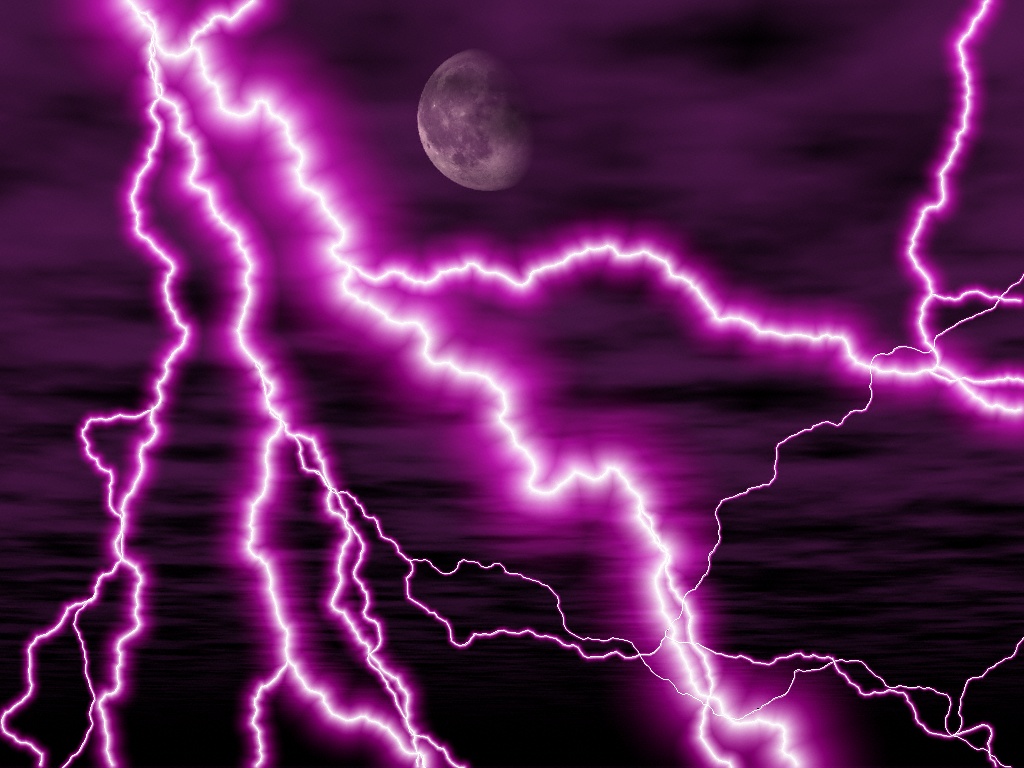September 12, 2005
Life Goes On–Weather Or Not!
By Michael D. Shaw
In the wake of Hurricane Katrina, some critics have suggested that we reconsider the logic of rebuilding New Orleans. This argument, which presumably has support from the Speaker of the U.S. House of Representatives, who questioned the purpose of restoring a city like New Orleans that sits below sea level, is founded on a dubious proposition: Because New Orleans is a frequent target of hurricanes, the assertion goes, why spend money reconstructing an area that may once again be destroyed?
Never mind the wholesale abandonment of one of America’s and the world’s most famous cities, or the economic depression that would accompany such a move. Advocates of such a policy seem to overlook an obvious and irrefutable fact. There is no area of the country immune from harsh weather and natural disasters. The South has hurricanes; the Northeast has blizzards; the Midwest has tornadoes (and equally harsh winters); California has earthquakes; and heat waves strike throughout the nation during summer. You can’t run away from Mother Nature.
First, urban planners can and must properly rebuild New Orleans. Just because the city is below sea level does not mean future devastation will occur. Consider The Netherlands. That country is more than familiar with the impact of devastating floods, one of which—the most destructive in the nation’s history—is still known as “The Disaster.” Yet, the Dutch did not leave their beloved country or merely lament the wrath of Mother Nature. Instead, they made their land stronger and better prepared to withstand harsh weather.
According to The New Republic:
“Rather than continuing to try to subjugate nature solely with concrete, they [the Dutch] recreated sand dunes on the coast to restore a natural barrier against damaging waves and cleared buildings along riverbanks to provide more space for swollen rivers. Most radically, one of Holland’s biggest construction companies began to design roads, greenhouses, and even houses that float.”
In short, the Dutch learned to live with water, rather than just fight it.
Secondly, hurricanes are not reason enough to simply uproot entire communities throughout the South. It is well to remember that Katrina alone did not create the current disaster in New Orleans. Abysmal city planning, failure of local government to act, a federal response slowed in misplaced deference to the locals, and political corruption most assuredly made a bad situation intolerable.
Do politicians refuse to rebuild cities that have suffered the awesome destructiveness of a tornado? Obviously not. Yet, the number and intensity of tornadoes are far more dangerous than the rather predictable pattern of hurricanes. In fact, the entire state of Oklahoma is one huge tornado laboratory. According to meteorologist Harold Brooks, Oklahoma has had more than 1,600 violent tornadoes in the last 31 years. (Texas has the most tornadoes every year, but Oklahoma a has more significant tornadoes per square mile than any other state.) But, other than the famed exodus of Okies during the Dust Bowl to places like California, the weather has not—and will not—drive people out of this state.
What about California? Other than the earthquakes, fires, and floods (and traffic) it is a perfect place to call home. A major earthquake, the proverbial “Big One,” would make the effects of Katrina seem tame. Still, California remains the most populous state in the union. Why? Because weather and nature are facts of life.
We cannot control the weather, but we can mitigate its effects. Historically, man-made misery, including things like crime, high taxes, and failing schools will sooner drive people away than rain, sleet, snow, drought, or physical destruction.
New Orleans will rise again, and hurricanes will return. Of that, we can be certain. The challenge is for people to live with the weather, not escape from it. We will have sunny days just as we will suffer terrible storms and calamitous floods.
Throughout it all, we must recognize that this, too, will pass.

